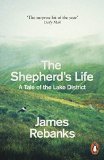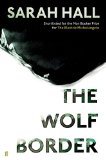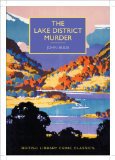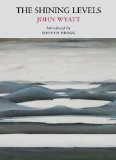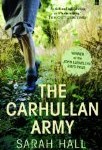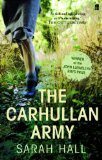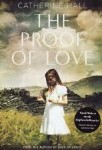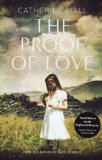Shortlisted for 2016 Wainwright’s Prize
Five words from the blurb: Lake District, farming, generations, sheep, land
James Rebanks is a farmer in the Lake District and his family have kept sheep on the fells for generations. This book explains what his life is like and how farming has changed over the centuries.
I lived in the Lake District for several years, so it was fascinating to discover what goes on behind the scenes. The places described were familiar to me and I loved learning more about the skills required to raise sheep successfully. Some people might find the detailed descriptions of sheep too much, but I was impressed by his passion and enthusiasm.
I also liked the more philosophical aspects of this book. Rebanks is a talented writer and he raised many interesting points about the lack of respect society gives to farmers and our attachment to their land:
It is a curious thing to slowly discover that your landscape is loved by other people. It is even more curious, and a little unsettling, when you discover by stages that you as a native are not really part of the story and meaning they attach to that place.
The only problem with the book was that some parts weren’t structured very well. It was fragmented in places, with random paragraphs inserted in unrelated sections. Sometimes they repeated what had already been covered; sometimes they simply threw the reader into a completely different time/place. It was disorientating and frustrating because this book could have been excellent given a bit more editing.
Overall, I recommend The Shepherd’s Life to anyone interested in the British countryside. It is an important book that records a wonderful, but sadly diminishing, way of life.

.
